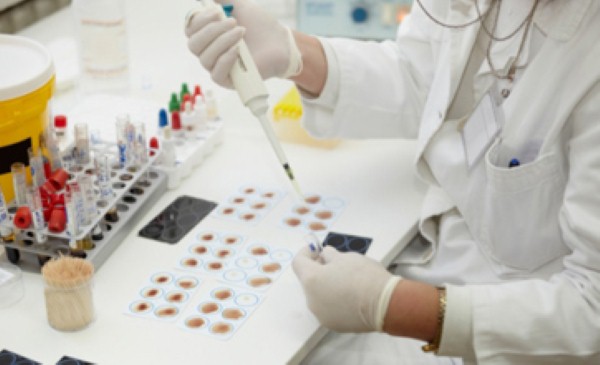Researchers have identified a new 'dustbin' role for a molecule that helps a drug to kill cancer cells.
The new study, published in the journal Proceedings of the National Academy of Sciences on Monday April 21st, could be used to develop a test to identify patients who would be most responsive to a new class of cancer drugs and those who may develop resistance, as well as suggesting new approaches to discovering more effective drugs.
Researchers found that a molecule, known as Cullin-5 (CUL5), acts as a combined cleaner and dustman, sweeping up proteins that tell cancers to divide continuously and consigning them to a cellular 'dustbin'.
CUL5 works in opposition to another important molecule known as HSP90, which scientists have been trying to block with drugs to prevent cancer cells from dividing.
When the scientists treated cancer cells with drugs that block HSP90, they found that the cleaning protein CUL5 stepped in to dispose of the proteins that were telling the cells to keep dividing.
They also discovered an additional function of CUL5, showing that it helps to pull the 'dividing-signal' proteins away from the protective shelter of HSP90, effectively stopping cancer in its tracks by labelling the cells with a tag that sends them to the cellular dustbin.
Professor Paul Workman, study lead and deputy chief executive of The Institute of Cancer Research, said drugs that block HSP90 have previously been identified as a potential treatment for cancers and the team knew CUL5 may play a role in these drugs' function.
"Our new research shows that CUL5 is not only vital in the response of cancer cells to HSP90 inhibitors but also reveals surprising insights into precisely how it works by acting at several different levels," he added.
Professor Workman said he was surprised by the high number of cancer-causing proteins CUL5 helps to dispose of and the fact that it works across several types of tumour.
The researchers said patients may be resistant to HSP90-blocking drugs if their cells have low levels of CUL5, while the drugs may work better in those with high levels of the molecule.

